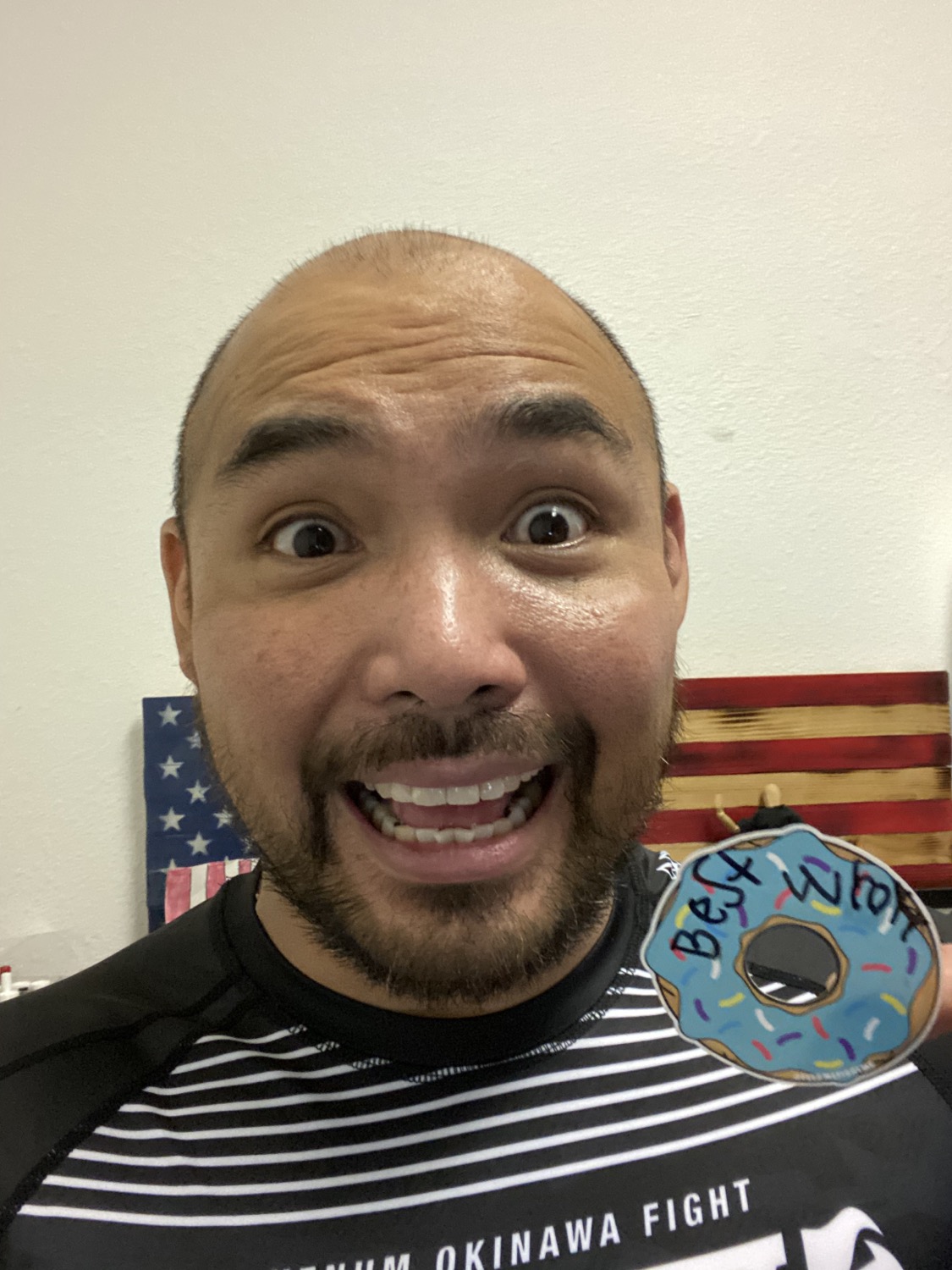5 Things you don’t know you are doing in training (and how it stops your growth)
- Mr. Noi (No-EE)

- Aug 8, 2018
- 4 min read

Habit is a result of hardwiring and in the process of good hardwiring, we sometimes acquire bad ones as well. There’s a few out there and I have plenty of my own STILL I’m sure. Here are a few I caught myself doing and once I made a change, it helped make me a better version of myself.
1.) Saying “Yea, I know” or feigning interest is now my biggest pet peeve. It is indicative of a person’s self-affirmations feeling like they are compromised and they deflect this situation by making statements similar to this in the conversation. If you hired a coach, or are a student of a martial arts school or any fitness gym, you are wasting your money if you find yourself using this statement as a habit after they’ve given you some sound advice.
Try “Let me try that again” or “elaborate on what you’re saying.” This re-hardwiring tool allows you to see whether your assumptions were right or wrong. If you were right, no harm no foul. If you were wrong, this allows you to improve on your training. If you found that you use this statement pretty often, imagine how many times you possibly avoided growth and improvement.
Unless this conversation is irrelevant to your personal growth and you are in a conversation with a know-it-all, then you are better off saying “you’re right” and walk away with your sanity intact.
2.) More is NOT More. The assumption to do the same thing faster or stronger does NOT make it correct. This is a result of the mindset that the best people who are prominently visible in their craft (i.e. Olympic athletes, professional fighters, etc.) can execute their movements explosively and aggressively. Therefore, the more aggressive it looks the closer it resembles the athlete they idolize.
Less is More. Especially for those who are naturally gifted, any corrections in technical movements usually involves switching the sliding scale of physical gross motor skills into fine motor skills and into more critical thinking in addition to spatial awareness.
3.) Can’t lose mentality. This is predominant in sparring. The notion that “I can’t lose to this guy” so you go harder at the expense of risking your safety and your partner’s safety. This ego monster will eat your longevity in training alive and spit you out with injuries, concussions and possibly never be able to train again. Unfortunately, students AND instructors are all potential victims of the ego monster.
Draw first blood on the niceties. Especially if you have more experience than your training partner, be the one who gives them the ability to acquire new tools. Feel them out and allow them to feel safe when they train with you. If you show them you are more concerned with their safety during training, they will extend the same courtesy.
Besides, if your offense is good and your defense can use work, then why not improve on it than focusing on besting your partner?
4.) “I just don’t get it…oh well” or the defeatist mentality is SO TOXIC to a person’s well-being. Are you telling me that you’re ok with a speedbump stopping you completely? The analogy is this: You are at a cash register making a purchase to your favorite drink (let’s call it, “SUCCESS”) and you have five dollars. The register reads $5.01, your car is outside and your change drawer is full. The defeatist would say, “never mind” and go home without his purchase. The antonymous character trait of this would have the intestinal fortitude to take the extra 20 steps outside the door to attain this “SUCCESS.”
Self-Efficacy is a muscle. Exercise this by not giving up right away when things get hard. When you play your favorite video game, you don’t just quit when you don’t clear the level. You keep playing it until you beat the whole game. Life is no different except you get one life, not three.
Then when you feel like you’ve done everything in your power to rise over this challenge and the answer is still no, ONLY THEN can you Kanye shrug and walk off.
5.) Debbie Downer and being a total complainer. “UGhh…my morning was terrible”, “I didn’t get enough sleep”, “I had THE WORST day ever (and it’s 9 am).” Not just poisonous to your mind, but for your friends as well. Your first impression in the morning is a reflection of what happens to your mental state and motivation throughout the day. You cannot stop negative things from happening but you can control your emotions when they do.
Take control. Own your surroundings and take control of the outcomes you have the ability of controlling. Positivity is at the center of your outcomes and if you have none, then you will feel like you have no control over your world.
Not to mention your friends will like hanging out with you more because you don’t drag the whole group down into a dark hole with all the negativity.
FINAL NOTE: The FIRST key to a successful pathway is the internalization that you are CAPABLE of LEARNING. Learning through failures equal achievements. If you look at failures not as failures but learning opportunities, it is easier to focus and stay the course till success is in your grasp.



Comments